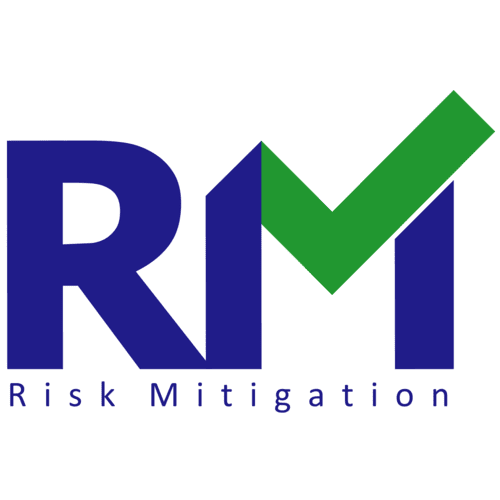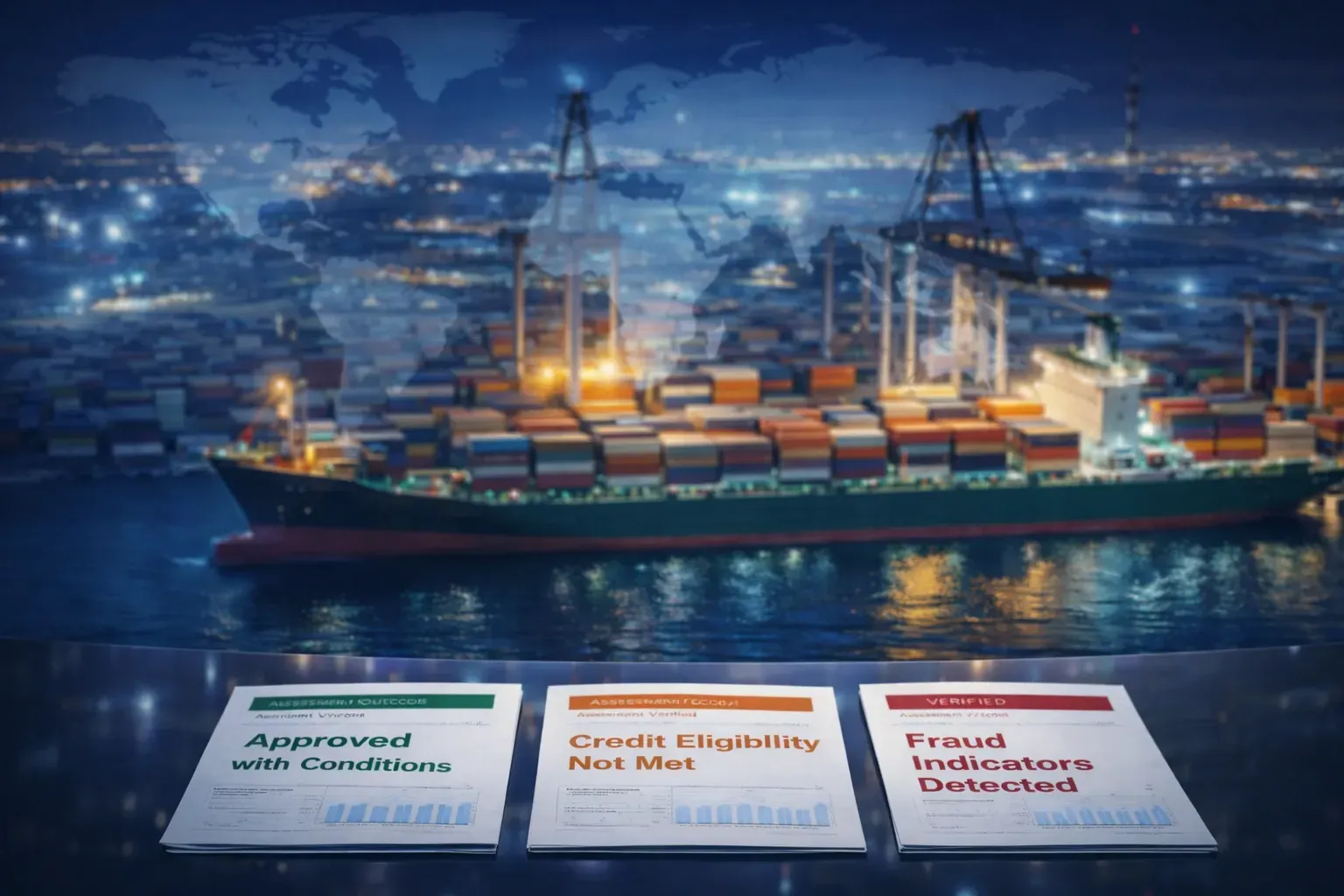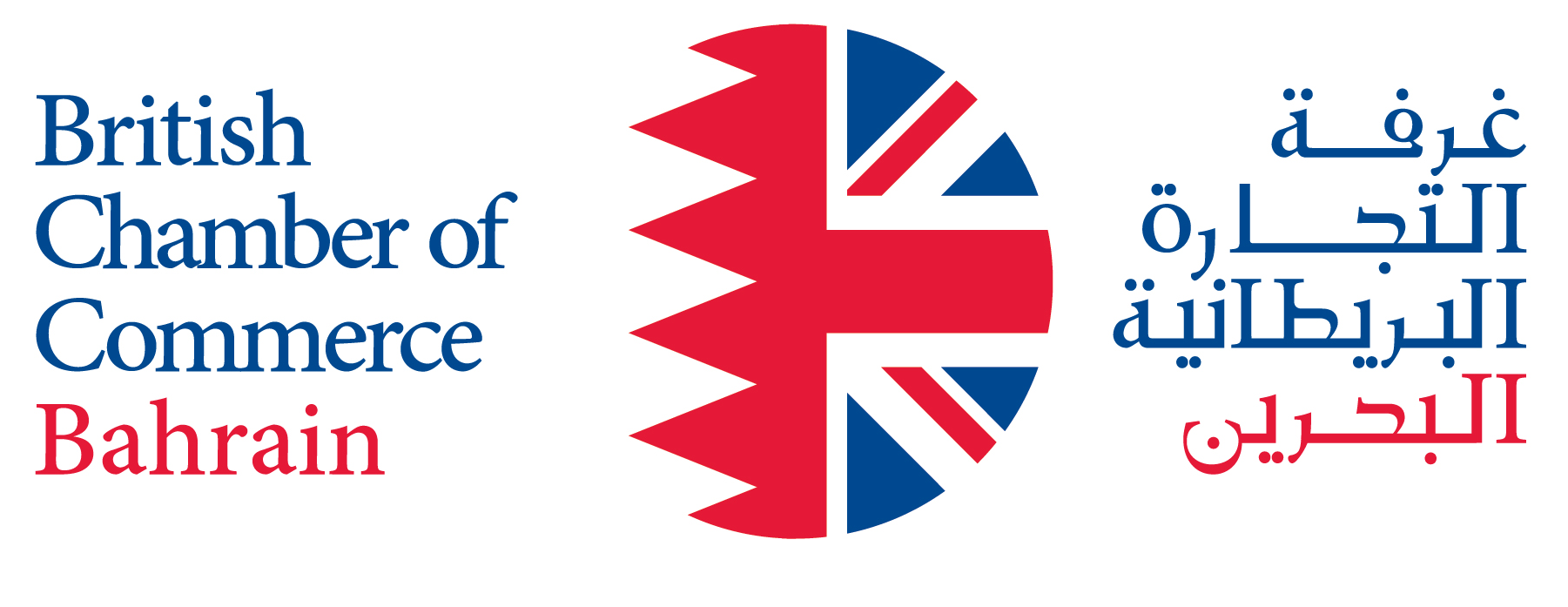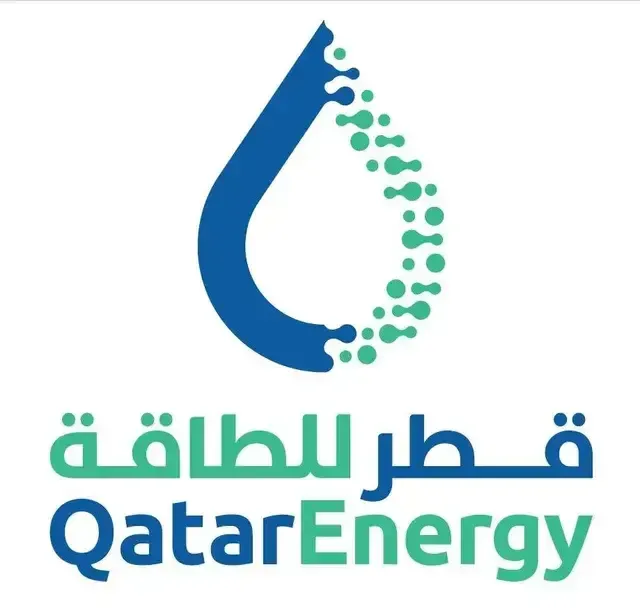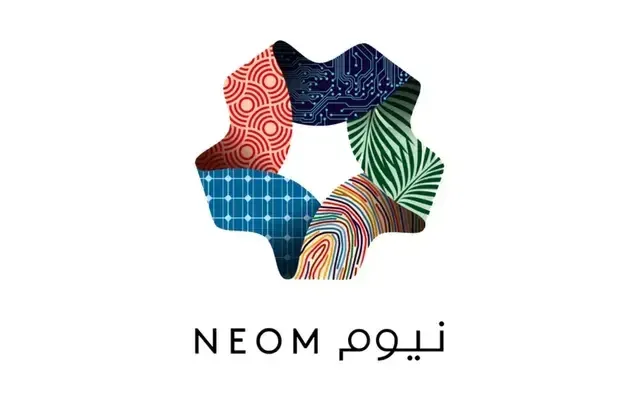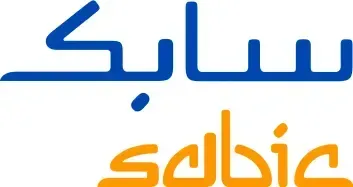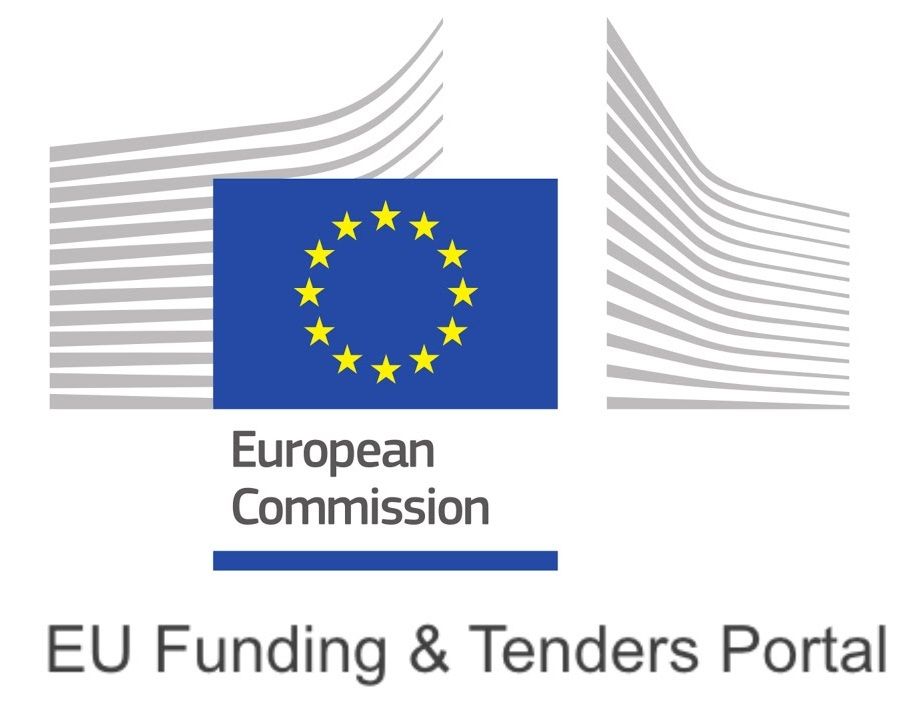Credit reporting and credit scoring, company check, due diligence, and business verification services
Credit reports and scoring, company checks, due diligence, and business verification services are essential before exporting or selling on deferred payment.
Exporting and selling on deferred payment without specialized professional evaluation is not market expansion but an exposure of capital to uncalculated risks.
At RM for Credit Assessment & Debt Collection, we help you avoid fraud and unqualified customers before they turn into major losses.
We assess companies in Bahrain, Saudi Arabia, the UAE, Qatar, Oman, Kuwait, and Egypt, uncovering hidden risks 5 to 7 days before you sign any deal.
We provide accurate credit reports and legally enforceable documentation, supported by clear, data-driven recommendations that define whether to proceed with a buyer or client, the appropriate credit limits, and the applicable terms, ensuring that sales growth is built on calculated decisions rather than assumptions or personal trust.
Request a Buyer Credit Report Before Shipment or Selling on Open Account Terms
Receive a clear go or no-go decision with defined payment terms, tenor, securities, collateral, and notarized legal documentation within 5 to 7 days.
Due Diligence, company check, and business verification
Many exporters and suppliers search for phrases like company verification in Bahrain or client data confirmation in Saudi Arabia before granting supplier credit or selling on a deferred payment basis. The same challenge appears in the UAE, Qatar, Oman, Kuwait, and Egypt, where suppliers aim to secure deals but fear risks such as fraud, delayed payments, or customer default under deferred terms. Even when a customer is genuine and well-intentioned, offering facilities beyond their financial capacity not only increases the likelihood of default but also causes direct losses to the supplier.
For this reason, at RM, we do not rely on surface-level checks. We conduct a comprehensive, banking-grade assessment that includes creditworthiness evaluation, due diligence, full risk review, and the identification of safe credit limits and suitable payment terms.
Risks faced by suppliers or exporters when selling on deferred payment
Exporters and suppliers in the GCC and Egypt face challenges such as:
- Delayed payments
- Complete default
- Disputes over product quality or delivery timelines
- Fraudulent practices
Relying only on surface-level data or informal agreements exposes companies to significant risks. The verification reports, due diligence, and full risk reviews we provide, along with immediately enforceable legal safeguards, offer protection before issues arise.
A single wrong decision can freeze your capital for months, drain your time and effort, and potentially halt your company’s growth. RM’s reports, due diligence, full risk assessments, and enforceable legal safeguards give you protection before the problem begins and ensure that any amount you sell on deferred terms has a clear path to return to you.
Due Diligence Services
We provide professional due diligence services to exporters, Banks, companies, investors, and exporters operating across Bahrain, Saudi Arabia, the UAE, Qatar, Oman, Kuwait, and Egypt. Our work focuses on verifying the actual business reality behind counterparties, including legal standing, operational presence, management credibility, and commercial integrity, before any partnership, acquisition, or high-value transaction.
Our due diligence services include company due diligence and commercial due diligence in Bahrain, supporting investors and companies before partnerships, acquisitions, or critical commercial decisions. We also provide company due diligence and commercial due diligence in Saudi Arabia, focusing on verifying business reality, operational presence, and commercial integrity before entering or expanding within the Saudi market. This approach enables decision makers to proceed with clarity, reduce exposure to hidden risks, and avoid surprises that often emerge after commitments are made in cross-border, regional, and international transactions.
Forensic and Fraud Risk Assessment Within Due Diligence Engagements
As part of our due diligence engagements, we conduct targeted forensic reviews and fraud risk assessments to identify red flags that are not visible through standard document checks alone. This includes analyzing inconsistencies, unusual patterns, and indicators of misrepresentation or operational risk that may affect the integrity of a transaction. These assessments are integrated within the due diligence scope to support informed decision-making and protect stakeholders from exposure to fraud or misleading commercial information across Bahrain, KSA, the GCC, and Egypt.
Credit reports, KYC and due diligence for safe growth and capital protection
Financial institutions rely on creditworthiness assessments and due diligence as essential components of risk management before granting credit facilities or entering partnerships. Any financial decision based on assumptions or personal impressions can quickly turn into a direct loss or freeze capital in a long dispute. These tools are therefore a necessity, not an option, because they reduce credit risk by identifying potential issues early, preventing defaults and financial losses that disrupt cash flow and affect business sustainability. The result is growth and sales with no surprises.
These procedures also protect assets and support long-term investment sustainability by evaluating counterparties' ability to meet obligations and enabling decisions based on reliable information rather than promises or assumptions. They safeguard stakeholders' interests, enhance financial stability, and reduce costly disputes, creating a healthy and scalable environment for business growth.
These practices are not operational luxuries. They are critical tools for investors who need to evaluate partnerships and commercial opportunities before committing capital that may be difficult to recover later. Exporters depend on them to analyze customer creditworthiness in international markets before offering deferred payment terms that could lead to delays or defaults. Companies that offer credit sales need them to make strategic decisions based on solid analytical foundations rather than impressions or personal trust, because one mistake in granting facilities beyond a customer’s capacity can result in losses that are hard to compensate. Professional pre-analysis is the difference between a successful deal and a painful loss.
Outsourced Credit Control and Credit Management Support
We provide outsourced credit control services for companies that sell on credit or manage trade receivables, acting as an independent third-party credit controller fully aligned with your credit policy, risk appetite, and commercial objectives.
Our role goes beyond issuing reports. We actively support credit decision making, exposure monitoring, and receivables discipline across the full credit cycle, from post-sale risk control to ongoing portfolio management. This includes setting and adjusting credit limits, structuring payment terms, monitoring buyer exposures, and intervening early in cases of delayed payments or deteriorating credit behaviour.
By outsourcing credit control to RM, companies avoid the fixed costs and operational rigidity of building or expanding in-house credit teams, while gaining immediate access to experienced credit professionals using bank-grade methodologies. This model allows businesses to manage workload fluctuations, growth phases, and periods of market or economic uncertainty without compromising credit discipline or cash flow protection.
As an external and independent party, we operate with no conflict of interest. All credit recommendations and controls are objective, documented, and focused solely on protecting receivables, cash flow, and long-term commercial sustainability.
Engagements are structured under clear mandates, defined scopes, and written commitments, ensuring governance, accountability, and consistency in credit decisions.
Why do companies face defaults when selling on deferred payment?
Companies often encounter serious financial challenges because they lack the specialized expertise that financial institutions possess. This gap leads to inaccurate decisions, higher default rates, and legal disputes. When these mistakes repeat, they not only disrupt cash flow but also hinder growth and drain management time on issues that could have been avoided from the start.
This gap makes companies hesitant to enter new partnerships or expand their sales through deferred payment arrangements, because every deal carries the possibility of a loss that may be difficult to recover. Without professional credit analysis, selling on terms becomes an uncalculated gamble.
At RM for Credit Assessment & Debt Collection, we provide customized and innovative solutions that simplify these processes and remove complexity from management. We ensure accuracy and full legal compliance, enabling companies to expand with confidence and make decisions based on professional analysis that reduces risks before they turn into losses.
Cross-border credit assessment to enable safe expansion in the GCC and Egypt
International investors, exporters, and companies that offer deferred payment can benefit from localized credit reports on businesses in Bahrain, Saudi Arabia, the UAE, Qatar, Oman, Kuwait, and Egypt. These reports provide accurate visibility into the financial stability of customers before entering deals or granting credit facilities. They help companies make informed decisions and reduce the risk of defaults or delayed payments.
For example, exporters in Saudi Arabia, the UAE, or India can use RM’s reports to assess the repayment capacity of customers in Bahrain, Kuwait, or Egypt before shipping goods or offering credit terms. This transforms cross-border trade from an uncalculated risk into safe, predictable growth that increases sales without exposing the business to unnecessary losses.
Deep business verification in the Gulf and Egypt before offering deferred payment terms
Government platforms in the Gulf and Egypt only confirm that a company is legally registered. However, this is not enough to make a financial decision, grant credit facilities, or sell on deferred payment. A commercial registration does not reveal fraud intent, repayment capacity, business sustainability, or hidden risks that may turn into direct losses for the supplier.
Exporters and suppliers need a deeper credit assessment that covers:
- Actual financial and credit standing, not just official records
- Management reputation and payment behaviour history
- Operational efficiency and the ability to sustain business activities
- Legally documented guarantees that are enforceable immediately in case of default
Our reports combine all these evaluation elements to provide full protection before granting any credit facilities or shipping high-value goods. This transforms transactions into safe growth opportunities instead of uncalculated risks.
Legally enforceable debt acknowledgements to protect receivables
Many exporters struggle to recover outstanding payments when customers default, as legal claims often take a long time and consume financial and administrative resources. In many cases, having a contract or invoice is not enough to compel repayment, because the debtor can contest the signature or deny the debt, sending the case back to square one.
In the Kingdom of Bahrain, we provide officially notarized debt acknowledgments that are signed in original form and witnessed, ensuring they cannot be challenged for forgery or denial. This process transforms the debt into an immediately enforceable instrument without the need to file a lawsuit or enter a lengthy dispute over evidence.
In the event of default, the case can be taken directly to the Execution Court to issue binding orders against the debtor within a relatively short period. These may include travel bans and attachment of bank accounts and assets in accordance with Bahraini enforcement law. This significantly reduces time and cost while protecting suppliers' cash flow.
This tool gives suppliers real legal power and converts the risk of loss into a collectable obligation. It minimizes the erosion of debt value caused by delays or legal manoeuvres and enables companies to sell on deferred terms with far greater confidence.
Why does RM give you safe sales without losses?
When operating in markets filled with credit risks and potential defaults, relying on personal impressions or surface-level information is not a strategy. It is a direct risk to your capital. At RM, we act as a strategic partner who not only tells you who you are dealing with, but whether they are worth dealing with, for what amount, under which terms, and what protective measures must be in place before signing the deal. We do not provide generic reports. We deliver specialized, banking-grade assessments that uncover hidden risks and turn commercial decisions into calculated, predictable growth.
We help you enter new markets with minimal uncertainty by giving you clear visibility into customers’ repayment capacity, business sustainability, and financial behaviour. Your decisions no longer depend on promises or personal relationships, but on professional analysis that highlights opportunities and exposes risk points before they turn into losses. And because the market does not reward those who simply accept uncertainty, we provide enforceable legal instruments that convert any financial commitment into a collectable right, protecting your cash flow and placing you in a position of strength during negotiations or recovery.
Through this approach, many of our clients have built profitable partnerships without taking uncalculated risks. One example is an international supplier who sold high-value equipment to a company in Bahrain. With our credit assessment and an enforceable debt acknowledgement, the transaction succeeded, and when the buyer faced a liquidity issue, repayment was restructured without losses or legal disputes. This experience is not an exception. It is a model of what happens when you have clear information and effective protective tools.
RM is not a company that gathers data and puts it into a report. We help you make better credit decisions, sell safely, and expand your presence in the Gulf without turning every deferred sale into a threat to your capital or an administrative burden on your business. Our goal is simple: to enable you to grow with confidence, knowing that any amount you put into the market has a clear path to return to you.
Enabling strategic decisions
Every sound financial decision starts with accurate information. This is why we are committed to delivering reliable data within 5 - 7 days from the start of the service, ensuring you receive the insights you need without delay.
Legal compliance and transparency
We guarantee full legal compliance and strict data confidentiality through clear written agreements and approvals, giving you real legal protection at every step with no complications or future risks.
Contact us
We are here to help you protect your company’s interests, reduce risks, and make informed decisions that drive sustainable success.
Frequently Asked Questions
How can I verify or check a company in Bahrain before exporting?
You can start by checking the government platform SIJILAT to confirm registration, but this alone does not protect you from default or fraud. Our services go beyond basic verification to include financial, operational, behavioural, and field assessments that determine risk levels before you tie up capital in a deal that may be difficult to unwind later.
What is the difference between government registry checks and business verification?
Government records only confirm that a company exists. Business verification reveals its actual repayment capacity, payment behaviour, management reputation, and the legal safeguards available in case of default. This difference is what determines whether a deal is a safe opportunity or a costly risk.
What are the steps to verify or check a company in Saudi Arabia?
We analyze financial performance, payment behaviour, commercial and managerial reputation, and legal history to estimate potential risks before granting credit facilities or signing a supply contract, ensuring your decisions are not based on promises or personal relationships.
Can I verify a customer in the Gulf without being physically present?
Yes. You can identify payment history and potential risks before shipping high-value goods. Our remote reports provide the same level of certainty you would get from a physical visit, without delays or extra cost.
What is creditworthiness, and why do companies need to assess it?
It measures a customer’s ability to pay on time. Ignoring it means exposing your capital to direct risk when selling on deferred terms. Creditworthiness assessment identifies qualified customers, reduces the likelihood of default and disputes, and enables confident expansion instead of hesitation.
What is the difference between credit assessment and KYC?
Credit assessment focuses on financial and operational capacity. KYC focuses on verifying legal identity, ownership, and source of funds as part of compliance and fraud prevention.
What is the difference between a document-based assessment and due diligence & field investigation?
Document-based checks analyze data. Due diligence and field investigation reveal reality. Combining both gives you an accurate picture of business, management, and operations and reduces information gaps that cause surprises or losses after the sale.
Does our credit evaluation include document-based or field investigation only?
We provide an integrated combination of both to ensure credit decisions are based on facts rather than assumptions. This approach reduces risk and allows stronger, safer sales terms.
What information will you receive in the credit report?
Financial, operational, legal, and field analysis, along with a credit risk assessment and practical recommendations that tell you who you can deal with, for how much, under which terms, and the best way to protect your rights before signing the deal.
How accurate are our credit reports?
Our credit reports are built on banking expertise and multi-stage analysis. They aim to reduce surprises, identify risks early, and support safe sales decisions in highly competitive markets.
What is the turnaround time for a full credit report?
Typically, 5 to 7 days, ensuring you get timely information that protects sales opportunities without compromising quality.
Are our credit reports only for Banks or financial institutions?
No. our credit reports are designed for any entity exposed to credit risk, including banks, investors, exporters, and companies that sell on deferred payment. Any party granting facilities or selling on terms needs protection before signing a deal.
Do our credit services cover companies outside Bahrain?
Yes. Our credit solutions cover Bahrain, Saudi Arabia, the UAE, Qatar, Oman, Kuwait, and Egypt. This allows regional expansion based on accurate local information rather than assumptions.
Do we provide assessments for individuals?
No. Our credit risk management solutions are for legal entities only, as our work supports high-value credit and investment decisions.
Can I request a credit report for a customer in a Gulf country or Egypt without being there physically?
Yes. This saves time and costs and reduces the risk of entering deals that may be difficult to exit later.
How confidential is the data we handle?
We adhere to strict confidentiality and full legal compliance. No data is used or shared without written approval, and we apply rigorous protection controls at every stage.
Is outsourced credit control a replacement for hiring an in-house credit team?
Outsourced credit control is designed as a flexible alternative to expanding in-house teams. It allows companies to access independent, bank-grade credit expertise without fixed staffing costs, while retaining full oversight and control over credit policy, risk appetite, and commercial decisions.


